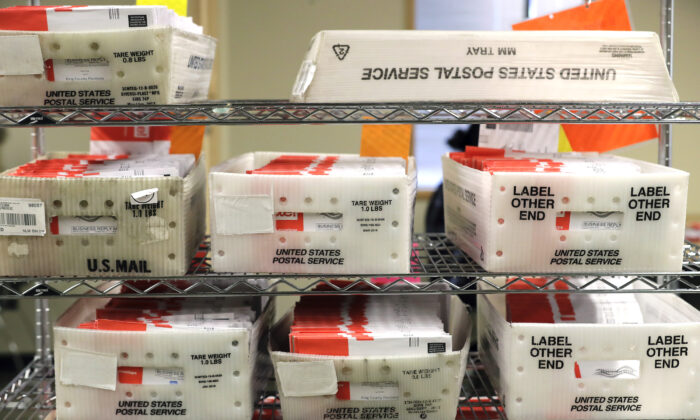
Vote-by-mail ballots are shown in U.S. Postal Service sorting trays at the King County Elections headquarters in Renton, Wash., on Aug. 5, 2020. (Ted S. Warren/AP Photo) US News
By Matthew Vadum August 18, 2021 Updated: August 18, 2021 biggersmallerPrint
In the November 2020 general election, whose chaotic results have been vigorously disputed, almost 15 million mail-in ballots went unaccounted for, according to a good-government group that focuses on electoral integrity.
The research brief by the Indianapolis-based Public Interest Legal Foundation (PILF) notes that as the nation dealt last year with the CCP virus (which causes COVID-19), various U.S. states “hastily pushed traditionally in-person voters to mail ballots while, at the same time, trying to learn how to even administer such a scenario.”
PILF describes itself as “the nation’s only public interest law firm dedicated wholly to election integrity,” existing “to assist states and others to aid the cause of election integrity and fight against lawlessness in American elections.”
Former Justice Department civil rights attorney J. Christian Adams, now president of PILF, said the results don’t bode well for mail-in voting.
“These figures detail how the 2020 push to mail voting needs to be a one-year experiment,” Adams said in a statement.
Bills pending in Congress such as H.R. 1, the proposed “For The People Act,” “risk inflating these numbers even further, pushing our election system toward error, disenfranchisement, and ultimately widespread doubt about election outcomes,” Adams said.
“Some of the counties with the least experience in administering mail voting rejected the most ballots nationwide. If continued, 2020-style chaos will become the norm.”
PILF says it had warned that lost ballots would be an even bigger problem in 2020 compared to previous years. In total, elections in 2012, 2014, 2016, 2018, and 2020 saw more than 43.1 million unaccounted for mail-in ballots.
Federal data compilations show that during the 2020 election, there were 14.7 million ballots whose whereabouts were deemed “unknown” by election officials, according to the brief.
To gather the data, the U.S. Election Assistance Commission asked local officials how many ballots were not returned as voted, were undeliverable, or were otherwise “unable to be tracked.”
The U.S. Postal Service (USPS) inspector general most recently reported that only 13 percent of mail ballots in the 2018 general election used the official tracking system, which means there is a wide variety of things that can happen to a ballot in the “unknown” column.
“A ballot can be put in the wrong mailbox and land in an unfriendly neighbor’s trash. It can be thrown out with your unpaid bills. It can be left outside for the wind to carry the last mile (like seen in Nevada in 2020). Election officials simply do not know what happened. Unknown ballots are the greatest blind spot in the American electoral system,” the brief states.
In the 2020 election, there were 14.7 million “unknown” ballots, along with 1.1 million undeliverable ballots, and 560,814 rejected ballots.
PILF put these figures in perspective by noting that President Joe Biden carried Arizona by 10,457 votes, yet Maricopa County, the state’s largest county, reportedly sent ballots to 110,092 outdated or wrong addresses. The post-voting audit process in Maricopa is still in progress.
The scenario roughly repeated itself in Nevada, a state where Biden prevailed by 33,596 votes, even though Clark County “bounced” 93,279 ballots.
“The lesson is clear: increased reliance on mass mail voting must correlate with aggressive voter registration list maintenance,” the brief concludes.
The report notes that many counties across the country had large numbers of “unknown” ballots.
In California, Los Angeles County had 1,491,459 such ballots, followed by Orange County (482,940), Riverside County (454,911), San Diego County (317,614), San Bernardino County (274,937), Santa Clara County (251,840), and Sacramento County (241,367).
Clark County, Nevada, had 724,708 such ballots. Essex County, New Jersey, had 248,290 unknown ballots, and Maricopa County had 229,123 ballots in the unknown category. Matthew Vadumcontributor Matthew Vadum is an award-winning investigative journalist and a recognized expert in left-wing activism.
Matthew Vadumcontributor Matthew Vadum is an award-winning investigative journalist and a recognized expert in left-wing activism.








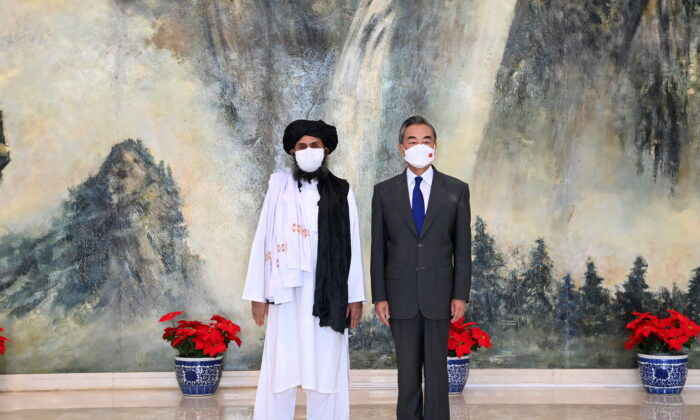
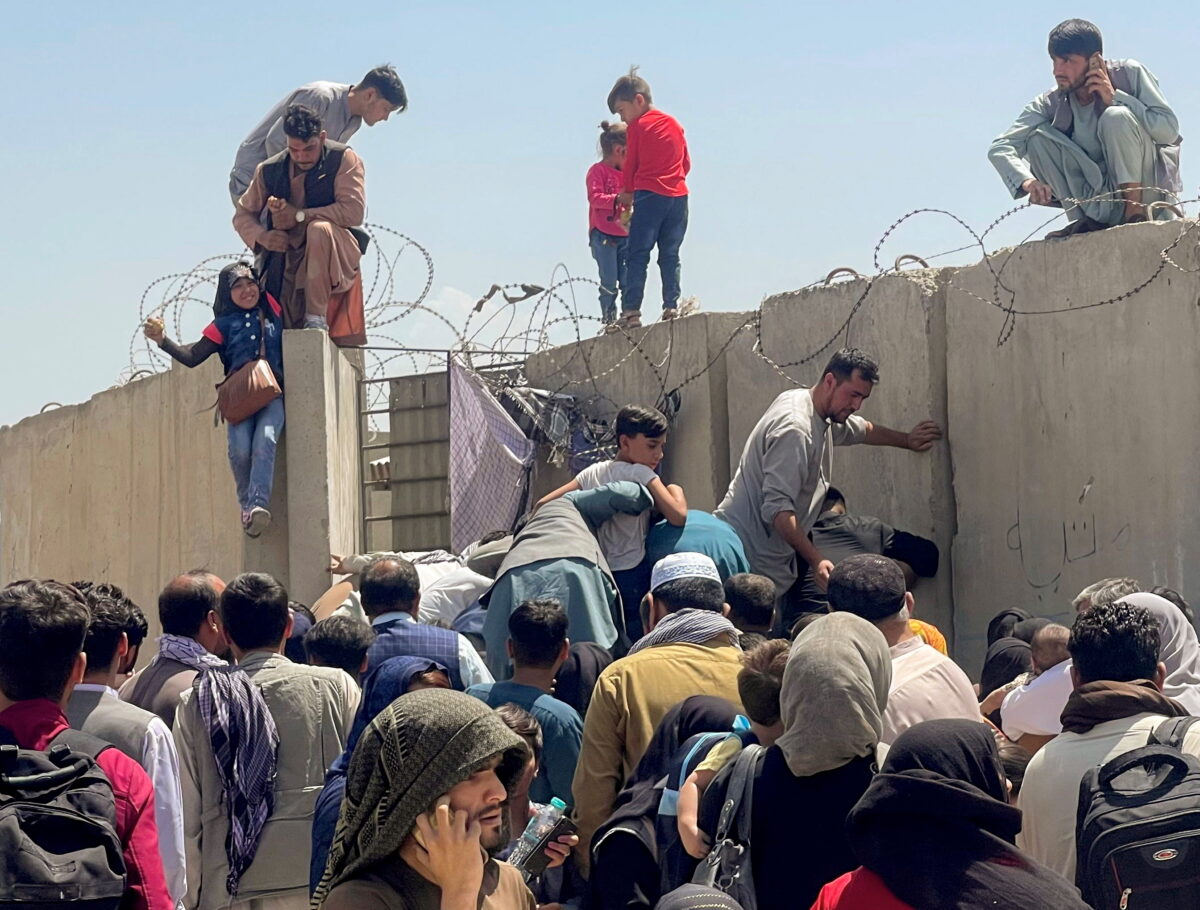

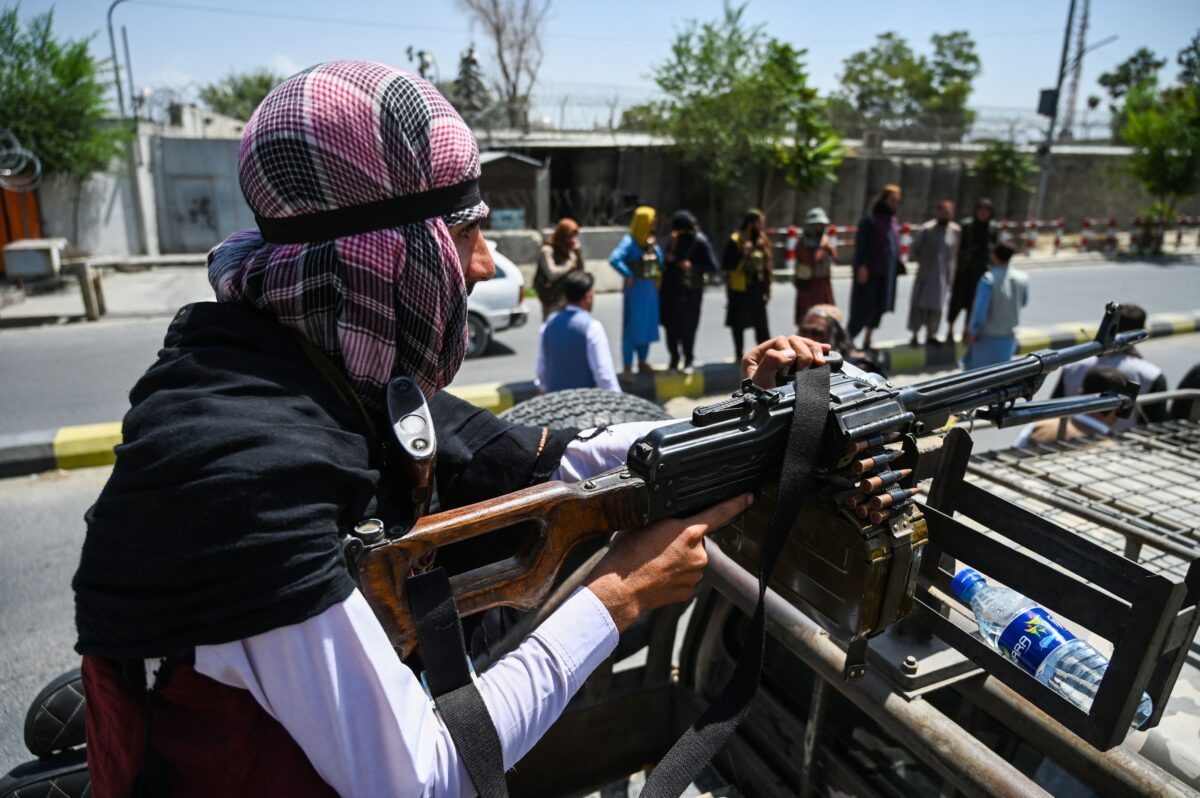
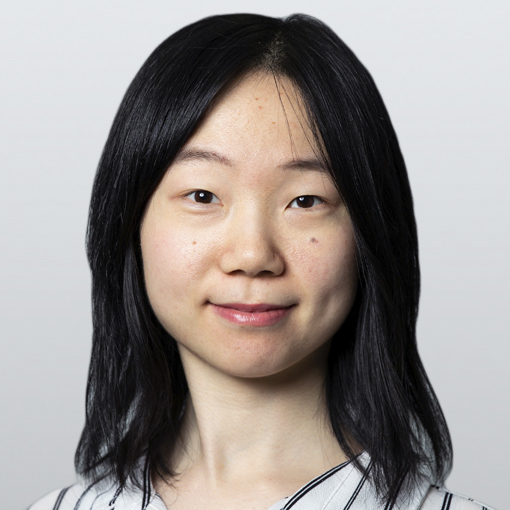 Eva FuChina Reporter Eva Fu is a New York-based writer for The Epoch Times focusing on U.S.-China, religious freedom, and human rights.
Eva FuChina Reporter Eva Fu is a New York-based writer for The Epoch Times focusing on U.S.-China, religious freedom, and human rights.


 Jack PhillipsSenior Reporter Jack Phillips is a reporter at The Epoch Times based in New York.
Jack PhillipsSenior Reporter Jack Phillips is a reporter at The Epoch Times based in New York.

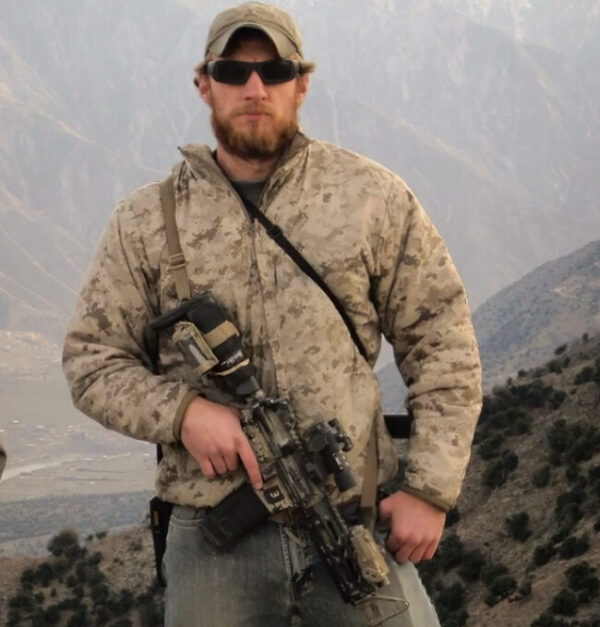


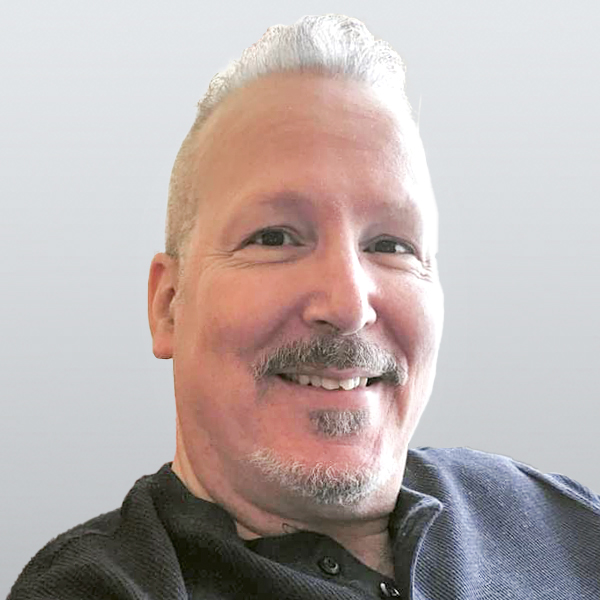 Allan Stein Allan Stein is an Epoch Times reporter who covers the state of Arizona.
Allan Stein Allan Stein is an Epoch Times reporter who covers the state of Arizona.
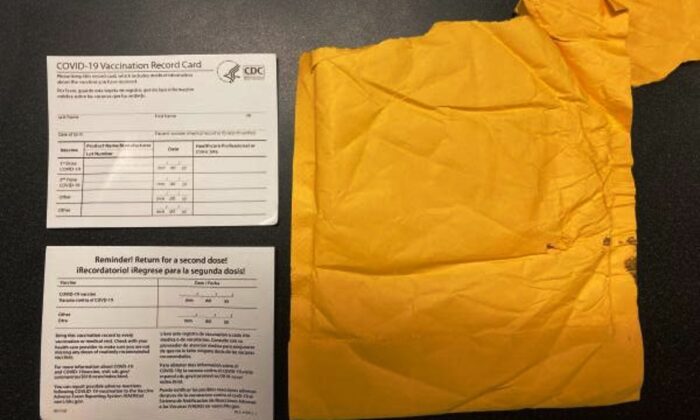


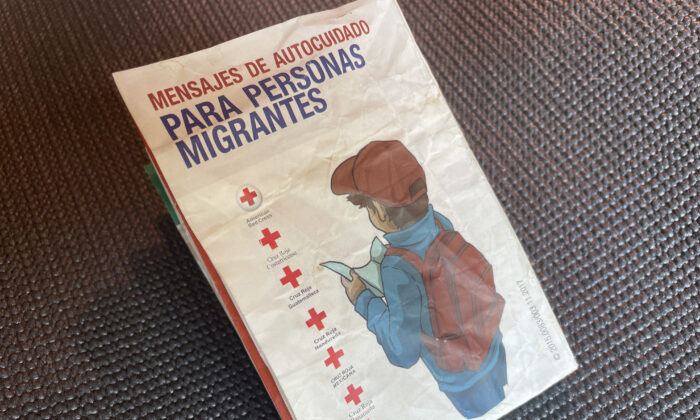


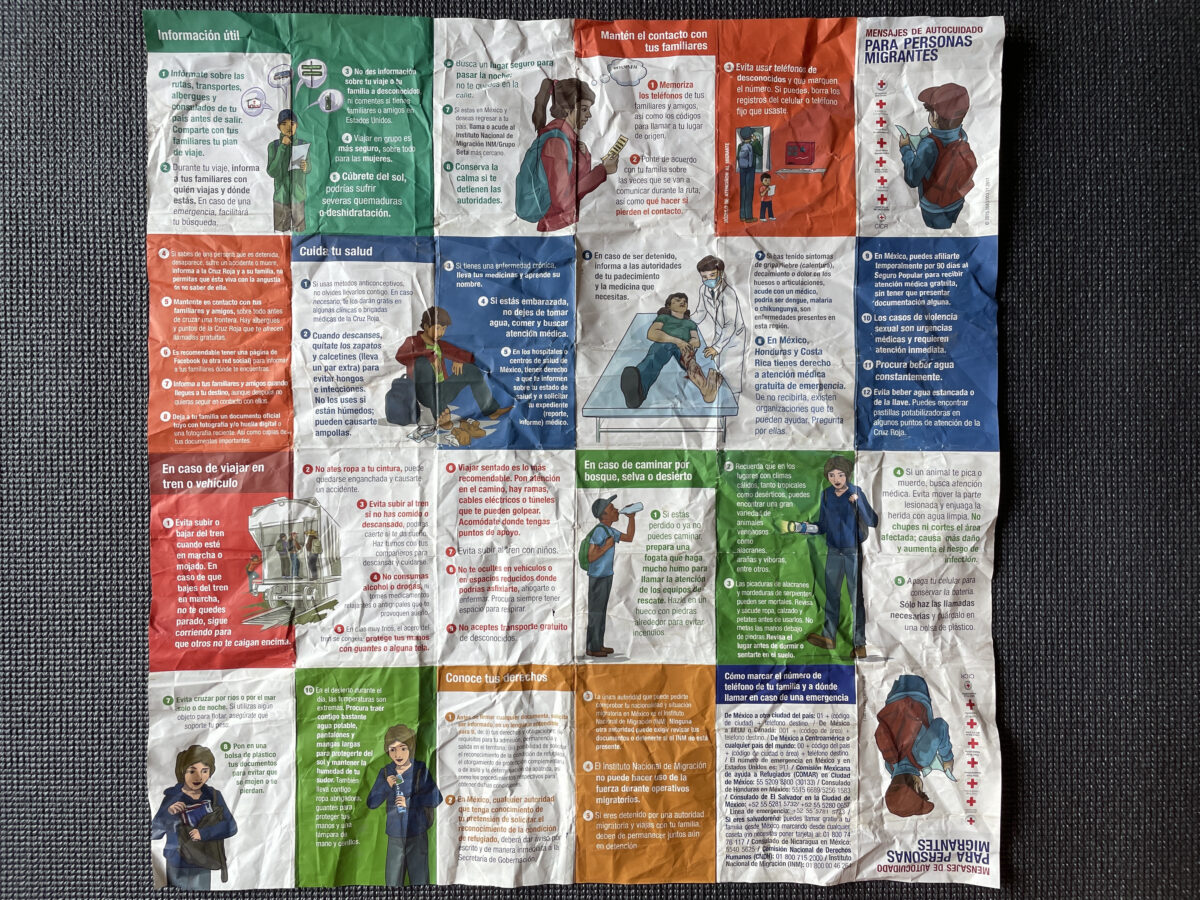
 Charlotte CuthbertsonSenior Reporter Charlotte Cuthbertson is a senior reporter with The Epoch Times who primarily covers
Charlotte CuthbertsonSenior Reporter Charlotte Cuthbertson is a senior reporter with The Epoch Times who primarily covers